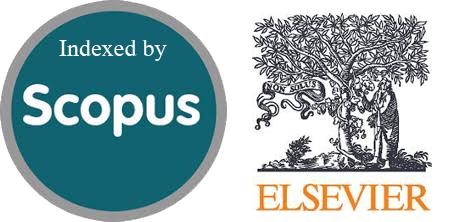Diagnostic and Predictive Utility of Serum Interleukin-37 in Rheumatoid Arthritis: A Case-Control Study
DOI:
https://doi.org/10.54133/ajms.v1i.39Keywords:
serum IL-37, rheumatoid arthritis, disease activity, inflammatory arthritisAbstract
Background: Rheumatoid arthritis is the most common cause of inflammatory polyarthritis. Interleukin‐37 (IL-37) has been found to play an important regulatory role in the development of inflammatory diseases. Objectives: To assess serum IL-37 level in rheumatoid arthritis (RA) patients compared to controls, to evaluate its diagnostic and predictive utility in RA patients and to investigate IL-37 level correlation with demographic and clinical characteristics of RA. Methods: Eighty subjects, 40 RA patients aged between 23-63 years and 40 healthy controls aged between 28-67 years were evaluated. An enzyme-linked immunosorbent assay (ELISA) was used to analyze the serum IL-37 levels. Results: Serum IL-37 was significantly higher in RA patients compared to healthy controls. At optimum cut off value of >58.275 pg/ml, serum IL-37 had 100% accuracy, positive predictive value, negative predictive value, sensitivity, and specificity. Serum IL‐37 level was not significantly related to Disease Activity Score of 28 joints‐erythrocyte sedimentation rate (DAS28‐ESR), also not correlated with C-reactive protein(CRP), rheumatoid factor(RF) and anti-cyclic citrullinated peptide antibody (Anti-CCP). Also there was no correlation between the level of IL-37 and treatment. Conclusions: IL-37 was significantly higher in RA patients compared to healthy controls with a high diagnostic and predictive ability, and may be a potential biomarker for diagnosis and prediction of RA.
Downloads
Downloads
Published
How to Cite
Issue
Section
License
Copyright (c) 2021 Al-Rafidain Journal of Medical Sciences ( ISSN: 2789-3219 )

This work is licensed under a Creative Commons Attribution-NonCommercial-ShareAlike 4.0 International License.
Published by Al-Rafidain University College. This is an open access journal issued under the CC BY-NC-SA 4.0 license (https://creativecommons.org/licenses/by-nc-sa/4.0/).











